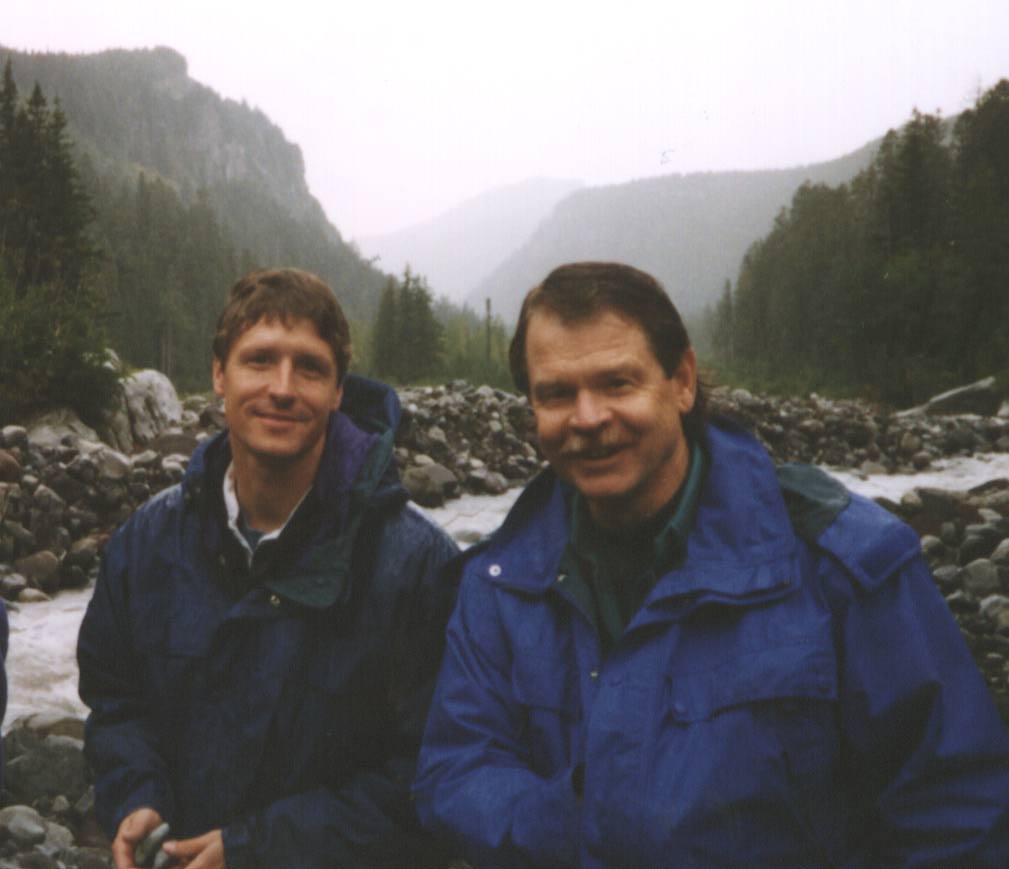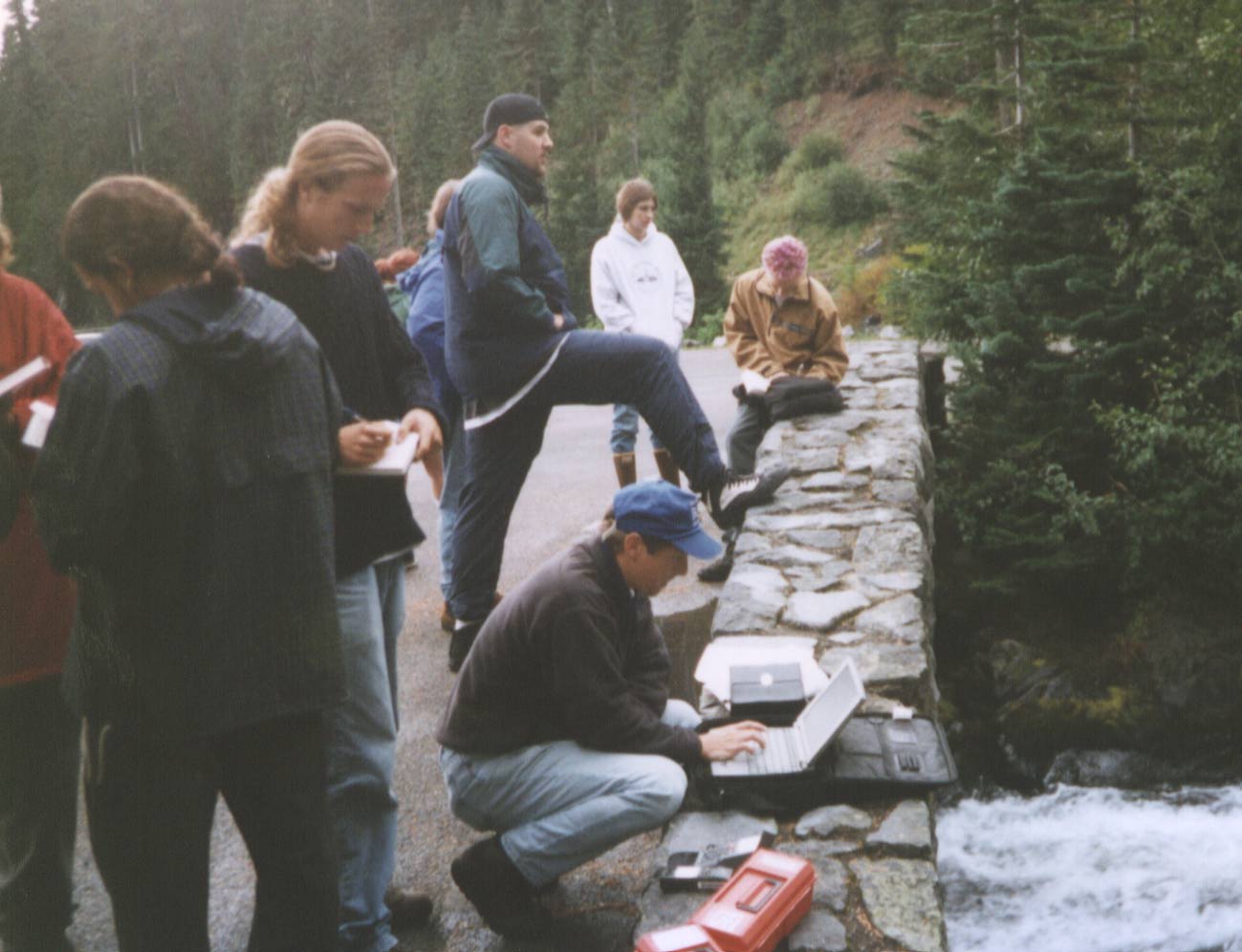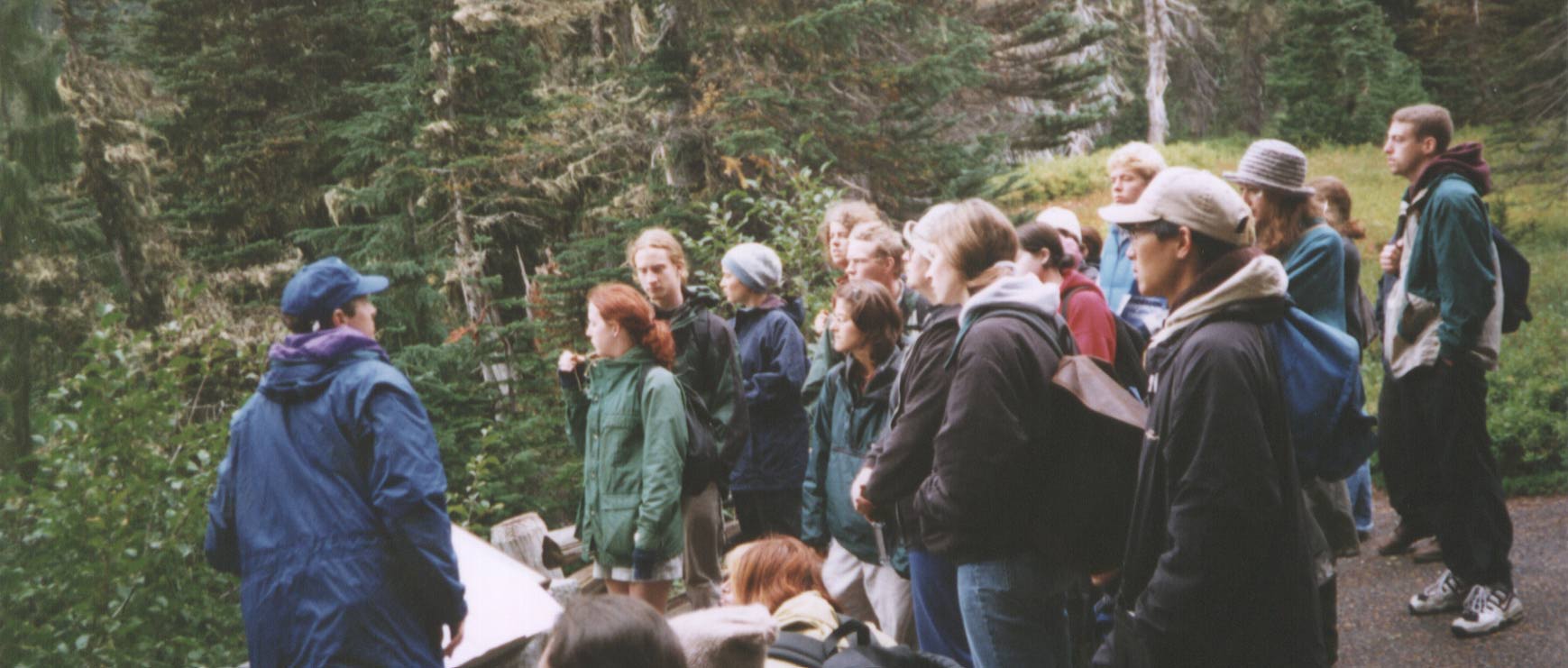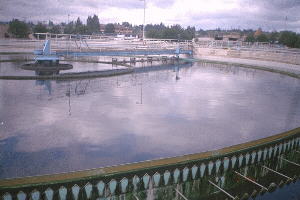



Conservation Biology & Restoration Ecology: Itís no secret weíve made an environmental mess of things in the overdeveloped world. Cleaning up and restoring the environment loom large for the next century as we move toward a more sustainable society. A solid understanding of earth science, ecology, and biological systems will be important tools for any practitioner of conservation biology.
Environmental Health: Human and environmental health are increasingly linked, and we are only examining the tip of the iceberg. Increased emphasis on these health linkages is inevitable. How to maintain systemic health of humans and humans in the ecosystem will occupy a major portion of this program.
Modeling and Simulation are key tools of each of these growth areas. We will develop facility in mathematics and computer simulation. Much of the mathematics of the next century will be visual, and this program will offer solid background in several of these visual approaches. No prior background beyond high school algebra is assumed, but a willingness to engage the material and work hard is assumed.
We will adopt a whole-systems viewpoint as we trace the cyclic pathways of where things come from and where they go. We will study in detail several natural systems that we all use and take for granted (such as energy, fresh water and waste disposal), as well as a variety of systems with which we are less familiar (such as the carbon cycle, the spread and containment of disease, and agricultural practices), while stressing the realities and limits of models involving natural systems. We will explore numerous experiments in devising more sustainable approaches than our current ones, and will pay attention to strategies for bridging to a more sustainable society.
Fall quarter the theme will be water -- where it comes from, where it goes, and what happens to it along the way. We will make field trips to McAlister Springs (source of Olympiaís drinking water), and the LOTT Sewage Treatment Plant on Budd Inlet. We will learn a lot about the flow of water locally, and what needs to be done to insure its continued high quality.
Winter quarter our program theme will be hazards of the geological type. We humans love to locate and build in geologically hazardous locations -- along rivers, on hillsides, on or near volcanoes, and in places that may be otherwise unstable in the face of natural forces of the earth. We will be taking field trips to specific sites locally that have experienced recent difficulty with flooding, or land subsidence. We will learn some of the methods of risk assessment in dealing with natural circumstances and human-made situations. We will apply these methods to modeling efforts related to natural hazards and their impact on human activity.
Spring quarter the program theme will be environmental health and epidemiology. We will examine several global issues regarding environmental health, as well as explore some key issues locally. We will take a week-long field trip during this quarter to the Hanford Reservation, and see first-hand work on important issues surrounding environmental health. We will learn many of the techniques used by epidemiologists in their detective work of trying to figure out causes of health hazards. We will build models of disease spread, and of health hazards associated with several types of chronic pollution. Spring quarter will also be a time for independent and research projects in off-campus settings.
Attempts to build credible models of complex systems are
useless if they donít well describe what is happening in the field.
This program will involve you in field work. Expect to gain facility
in the areas of biology, environmental health, ecology, earth science,
geology, and energy studies, and how these areas are connected systemically.



Field
Trip Guide to Mount Rainier National Park
Water
Quality Data from Mount Rainier Field Trip
Sampling
Locations from Mount Rainier Field Trip

Field Trip to LOTT Wastewater Treatment
Plant
Skokomish
River/Cushman Dam Project
Roles